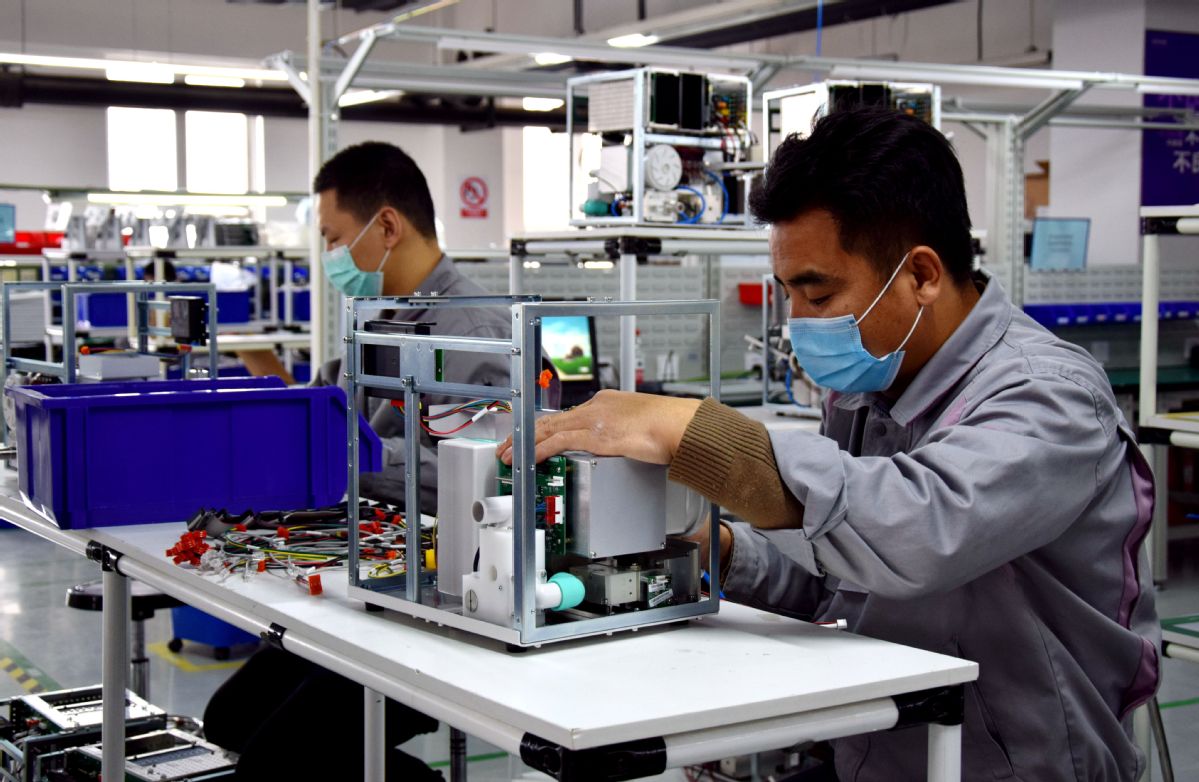US politicians' decoupling plan a tall order
China Daily | Updated: 2020-04-01 07:25

Some American politicians have played up the risks of over-reliance on the Chinese supply chain during the novel coronavirus outbreak and called for decoupling of the US economy from China's.
It is true that the pandemic has severely disrupted the global supply chain, affecting Chinese enterprises' export orders. However, all that is temporary. In the early days of the epidemic, China did stop production in some sectors, upsetting the supply chain to global industries, such as automobiles and pharmaceuticals, relying excessively on Chinese intermediate products.
But China has resumed production, and it is the outbreak in other countries that is affecting global supply chains now. For example, Apple Inc has closed all its stores worldwide except in China, and the Volkswagen CEO has said there was no revenue in the global market outside of China. And Parkson China has said its plan to open 800-850 new stores in China this year remains unchanged. All this suggests China's declining exports are a result of shrinking global demand following the spread of the pandemic instead of foreign products replacing Chinese orders or supply chains shifting to other regions.
US politicians will fail in their attempt at decoupling the US from China and promoting the movement of the supply chains elsewhere; it is difficult to decouple enterprises enjoying supply chain, cost and efficiency advantages.
China should now refrain from large-scale monetary stimulus measures that may result in a drastic rise in manufacturing costs, the biggest threat to its supply chain. Besides, it should take the lead in boosting the digital economy to attract enterprises from across the world.
As the first major economy recovering following the novel coronavirus outbreak, China should take advantage of the window of opportunity to deepen reform and expand opening-up to further improve its business environment, essential for startups to thrive.
The country should continue to raise its investment in research and development, particularly in the fields involving crucial high technology where it has to rely on foreign companies and institutes.
Also, the country can further shorten its negative lists by opening up more industries and market sectors to foreign investors.
























